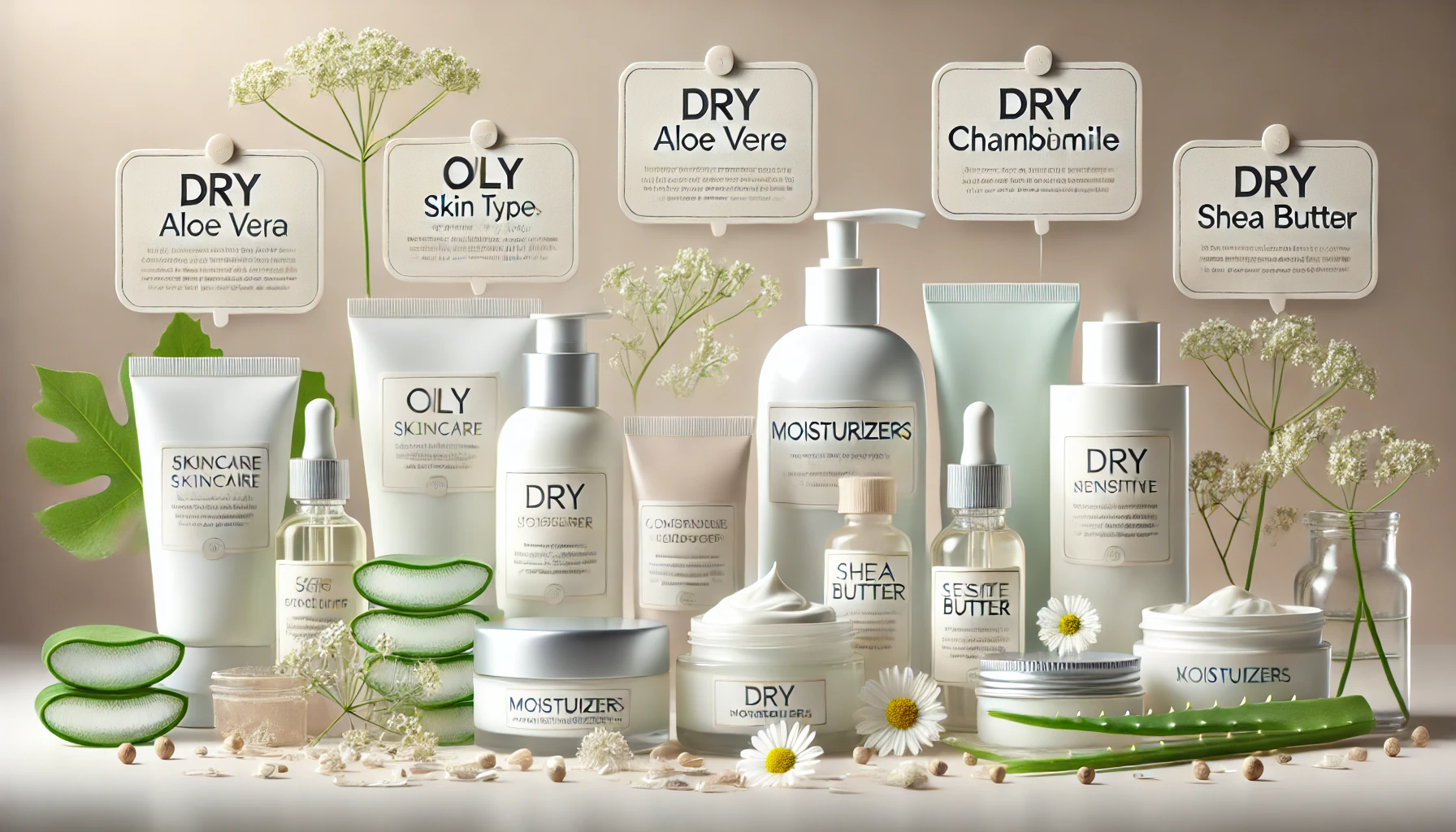A good moisturizer is the cornerstone of any skincare routine, but with so many options available, choosing the right one for your skin type can feel overwhelming. Hydration is essential for maintaining the skin’s natural barrier, preventing dryness, and achieving a healthy glow. Here’s a guide to help you pick the perfect moisturizer tailored to your needs.
Understand Your Skin Type
Knowing your skin type is the first step to selecting the right moisturizer. Skin can generally be categorized as oily, dry, combination, or sensitive. Each type has unique needs that require specific formulations and ingredients.
Oily Skin
If your skin tends to look shiny and is prone to acne, opt for lightweight, oil-free, or gel-based moisturizers. Look for ingredients like hyaluronic acid, glycerin, and niacinamide, which hydrate without clogging pores.
Dry Skin
For dry skin, choose richer, cream-based moisturizers packed with emollients and humectants such as shea butter, ceramides, and squalane. These ingredients lock in moisture and help restore the skin’s barrier.
Combination Skin
Combination skin requires balance. Use lightweight, hydrating formulas that provide moisture to dry areas while controlling oil in the T-zone. Look for water-based products with non-comedogenic properties.
Sensitive Skin
Sensitive skin needs gentle, fragrance-free, and hypoallergenic moisturizers. Ingredients like aloe vera, chamomile, and oatmeal can soothe irritation and redness while keeping the skin hydrated.
Key Ingredients to Look For
Humectants
Humectants like hyaluronic acid and glycerin draw moisture from the air into your skin, making them ideal for deep hydration.
Emollients
Emollients such as ceramides and shea butter smooth and soften the skin, making them perfect for dry and rough patches.
Occlusives
Occlusives like petrolatum and dimethicone form a protective layer on the skin to prevent moisture loss, especially in cold or dry climates.
Ingredients to Avoid
Alcohols
Certain alcohols can dry out the skin, particularly if you have sensitive or dry skin. Always check the label for drying alcohols like ethanol and isopropyl alcohol.
Fragrances
Fragrances can irritate sensitive skin and may cause allergic reactions. Opt for fragrance-free options to reduce the risk of irritation.
Additional Tips
Consider the Climate
If you live in a hot and humid area, go for lightweight moisturizers that won’t feel greasy. In colder climates, thicker creams are better for combating dryness.
Test Before You Commit
Always patch-test a new moisturizer before using it all over your face. Apply a small amount to your wrist or behind your ear and monitor for any irritation.
Layering Moisturizer
Apply moisturizer immediately after cleansing to lock in hydration. For extra benefits, layer it over a serum for deeper hydration and nourishment.
Why Moisturizing Matters
Moisturizing is more than just a step in your skincare routine; it’s an essential practice for maintaining the health and appearance of your skin. The right moisturizer not only hydrates but also strengthens your skin barrier, leaving you with a glowing, youthful complexion.


